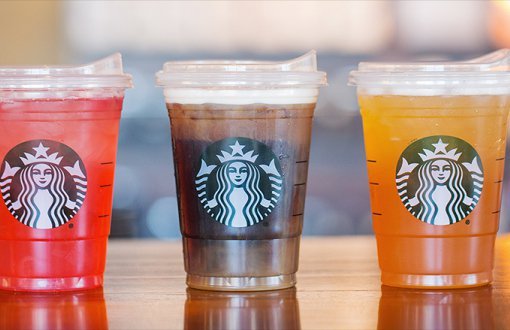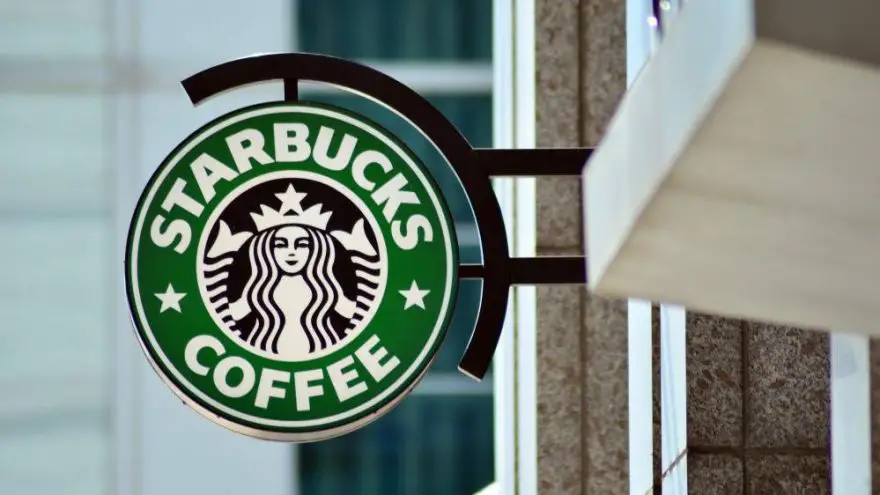Starbucks employees are the last victims of a new TikTok trend. The fast-food market is full of strategies with which brands competing in this industry seek to stand out in the market, especially at a time when communication is critical in fast food. One trend has begun to spread on TikTok in which customers show drinks with interesting ingredients that turn into long tickets.
Starbucks employees are suffering from this new TikTok trend
These types of phenomena force brands to think about limits and establish guidelines especially to be able to generate better consumption practices in the market and a culture that does not disappoint the consumer.
The perception that the customer is always right can sometimes be a challenge for businesses and employees. This is a bad precedent especially for Starbucks employees who have to lead with these demands.
https://twitter.com/raqueluuhhh/status/1389108420830060545
This situation shows us the challenge that has been increasingly implemented in retail and also how challenging it is to have resources that invariably help brands to go viral with quality content. This tremendous weight has to do with the way in which consumers are now being allowed to interact with a brand’s services.
The customer is not always right
The logic that the customer is right is not always correct and on the contrary, it reminds us how important it becomes to think about guidelines from which a brand stands out at times when the consumer demands actions that do not correspond.
There are several incidents we have witnessed, brands such as Walmart faced all kinds of incidents when consumers did not follow the rules, such as wearing masks inside the stores.

Starbucks has reached a value of $41 billion which put on the brand a tremendously valuable castle, leaving behind brands like McDonald’s with a brand value of $37,450 billion or KFC with $17 billion.
Other brands that have consolidated their position as the most valuable fast food brands are Subway, with a brand value of $8 billion, and Domino’s Pizza with $5,6 billion.





